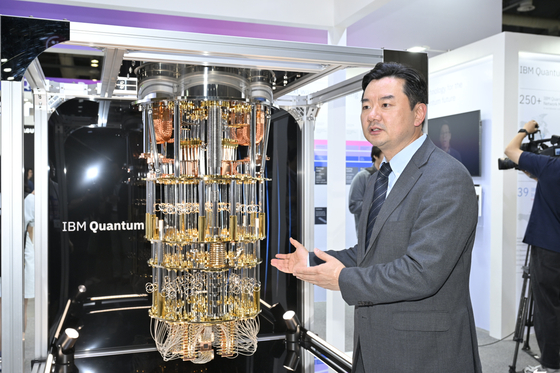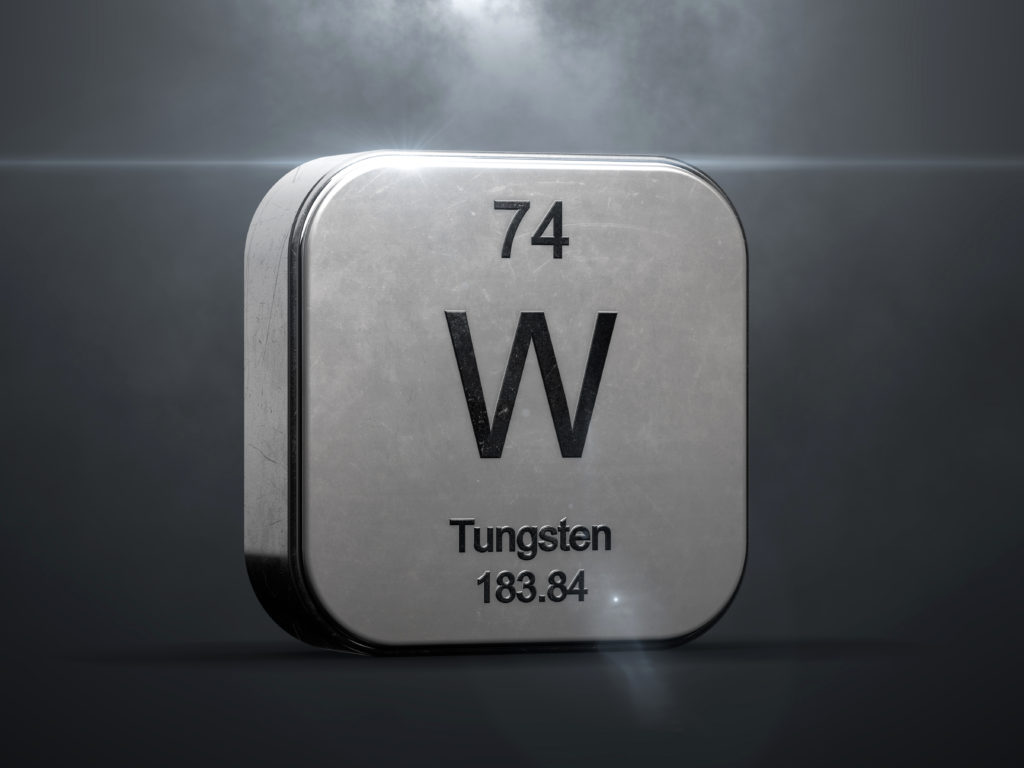Google is offering $5 million to anyone who finds a practical use for quantum computing
Google and XPRIZE will rely on the power of competition to develop algorithms that can be usefully used in quantum computing in the future.

Don’t know what useful application quantum computing could have? Google doesn’t either. That’s why, in collaboration with the XPRIZE Foundation, it has organized a competition to find a practical use for the peculiar processing capacity of qubit-based tools.
The technology company has proposed a prize of five million dollars to be distributed among the winners of the competition. Both Google and the foundation believe that, through the power of the competition, quantum computer technology will be integrated into a more practical field, far removed from the resolution of abstract mathematical and cryptographic problems.
Conventional devices use the smallest unit known as a bit, a value that can only be represented by the concepts of on or off (1 or 0). Quantum technology, on the other hand, uses the qubit that is in multiple states at the same time (1 and 0, simultaneously). According to the theory, computers of this nature use the principles of quantum mechanics to perform complex calculations at higher speeds or in ways that are not possible using bits.
Quantum computing and the foundations of the future

The field of quantum computing already has tools and platforms to experiment and understand the problems facing the world. However, there is still no bridge that connects them. XPRIZE and Google are looking for competitors to develop new algorithms, applications and performance optimization models for qubit computers to tackle complex global challenges, such as climate, sustainability or health.
By 2024, there will still not be a quantum computer that can solve a problem better than a conventional one. But that scenario will eventually become a reality. The competition aims to generate theoretical foundations for real-world application scenarios and thus evaluate their viability once sufficiently powerful equipment is available.
Generating more accurate predictions about the relationship between drugs and proteins in the human body , simulations of efficient electrical grid loads or modeling better materials to reduce carbon emissions are some of the examples of quantum computing applications that the competition seeks.
The $5 million will be split into a $3 million first prize for up to three winners. One million will be split between a maximum of five finalists, and 20 semi-finalists will take home $50,000 each. Participants have three years to develop their ideas.
“I’m very optimistic, in principle, that we’ll find algorithms that are really useful. I’m not so optimistic that, in the next three years, we’ll be able to discover those
algorithms and then also implement them on the current
hardware that’s going to exist,” said Bill Fefferman, an expert in the field at the University of Chicago.
How has quantum computing advanced?
Google is hard at work building ever more powerful quantum computers . In 2019, it revealed that its device had a processing capacity of 53 qubits. Four years later, it raised the figure to 70 qubits. A performance study suggested that with that level of processing, a math problem that could normally be solved in 47 years using the Frontier supercomputer, one of the most powerful in the world, would be solved instantly.
Atom Computing is a startup that claims to have created the world’s most powerful quantum computer . It has a processing limit of 1,180 qubits and will be available to customers next year.




